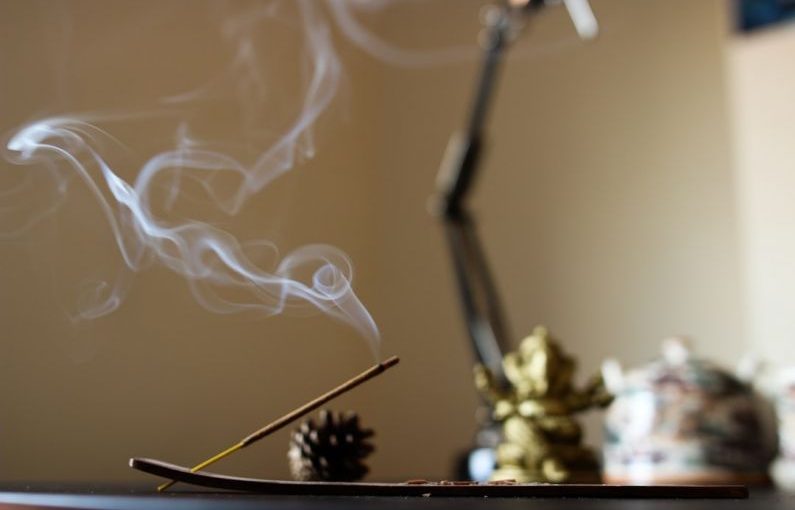In the realm of religious practices and rituals, offerings play a significant role in expressing devotion and seeking blessings from the divine. Among the various items used as offerings, sugar holds a special place in many religious ceremonies around the world. The sweet and pure nature of sugar symbolizes purity, abundance, and the sweetness of life, making it a common choice for offerings to gods and deities.
The Significance of Sugar Offerings
Sugar has been used in religious ceremonies for centuries, with its significance deeply rooted in symbolism and cultural beliefs. In Hinduism, sugar is considered a symbol of purity and auspiciousness. It is believed that offering sugar to deities during prayers and rituals can bring sweetness and joy into one’s life. The act of offering sugar is also seen as a way to seek blessings for prosperity and success.
Similarly, in Buddhism, sugar is used as an offering to the Buddha and other enlightened beings. The sweetness of sugar is thought to represent the teachings of the Buddha, which are said to bring happiness and contentment to those who follow them. By offering sugar, practitioners seek spiritual guidance and blessings on their path towards enlightenment.
Sugar Offerings in Different Cultures
The practice of offering sugar in religious ceremonies is not limited to Hinduism and Buddhism but can be found in various cultures and traditions around the world. In Christianity, sugar has been used in religious rituals such as baptisms and weddings as a symbol of purity and new beginnings. During Easter, sugar-coated candies and chocolates are often given as gifts to symbolize the sweetness of the resurrection and new life.
In African traditional religions, sugar is used in rituals to honor ancestors and spirits. It is believed that offering sugar can appease the spirits and bring blessings to the community. Sugar is also used in ceremonies marking important life events such as births, weddings, and funerals as a way to invoke blessings and protection from the divine.
The Ritual of Sugar Offerings
The act of offering sugar in religious ceremonies is often accompanied by specific rituals and prayers. In Hinduism, devotees offer sugar along with other items such as flowers, incense, and fruits to the gods and goddesses. The sugar is usually placed on a decorative plate or bowl and offered with reverence and devotion.
In Buddhist rituals, sugar is offered on altars or shrines as a way to show respect and gratitude to the Buddha and other spiritual beings. The sugar offering is often accompanied by chanting of mantras and prayers for blessings and protection. After the offering is made, the sugar is distributed among the participants as a way to share in the blessings received.
Conclusion: The Sweetness of Devotion
The practice of offering sugar in religious ceremonies serves as a reminder of the sweetness of devotion and the importance of seeking blessings from the divine. Whether it is used in Hindu pujas, Buddhist offerings, Christian rituals, or African ceremonies, sugar plays a significant role in expressing reverence and gratitude towards the divine forces.
In a world filled with challenges and uncertainties, the act of offering sugar symbolizes the hope for a sweeter and more abundant life. It is a gesture of faith and devotion that transcends cultural boundaries and unites believers in their quest for spiritual fulfillment. The next time you witness a religious ceremony involving sugar offerings, take a moment to appreciate the profound symbolism behind this simple yet powerful gesture of devotion.





